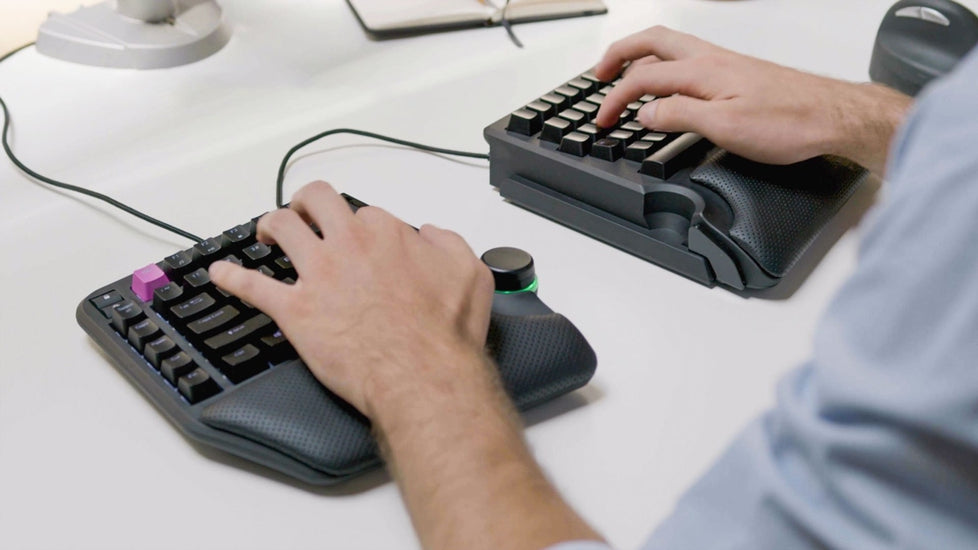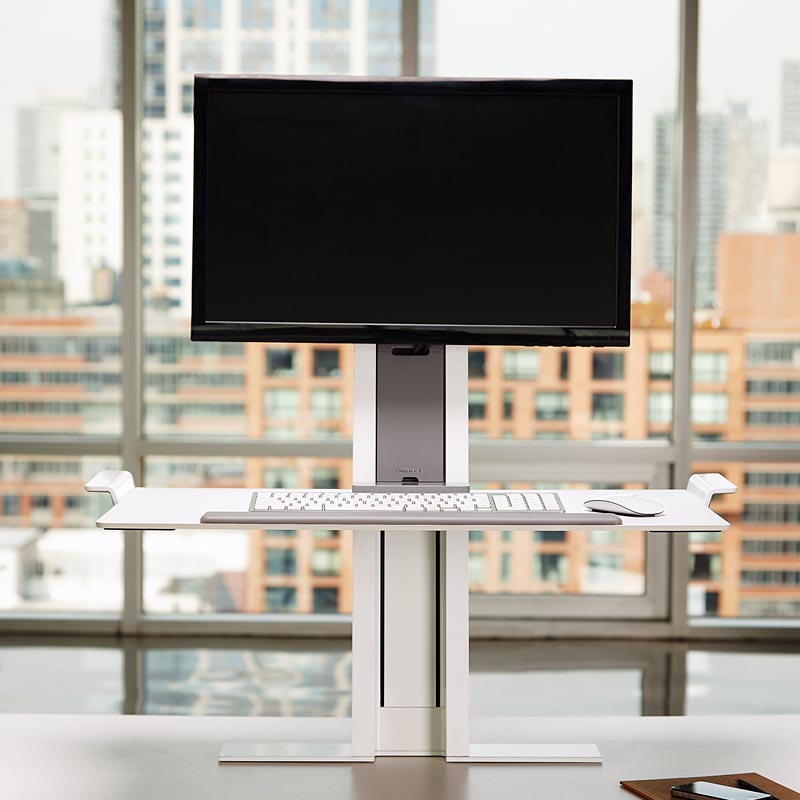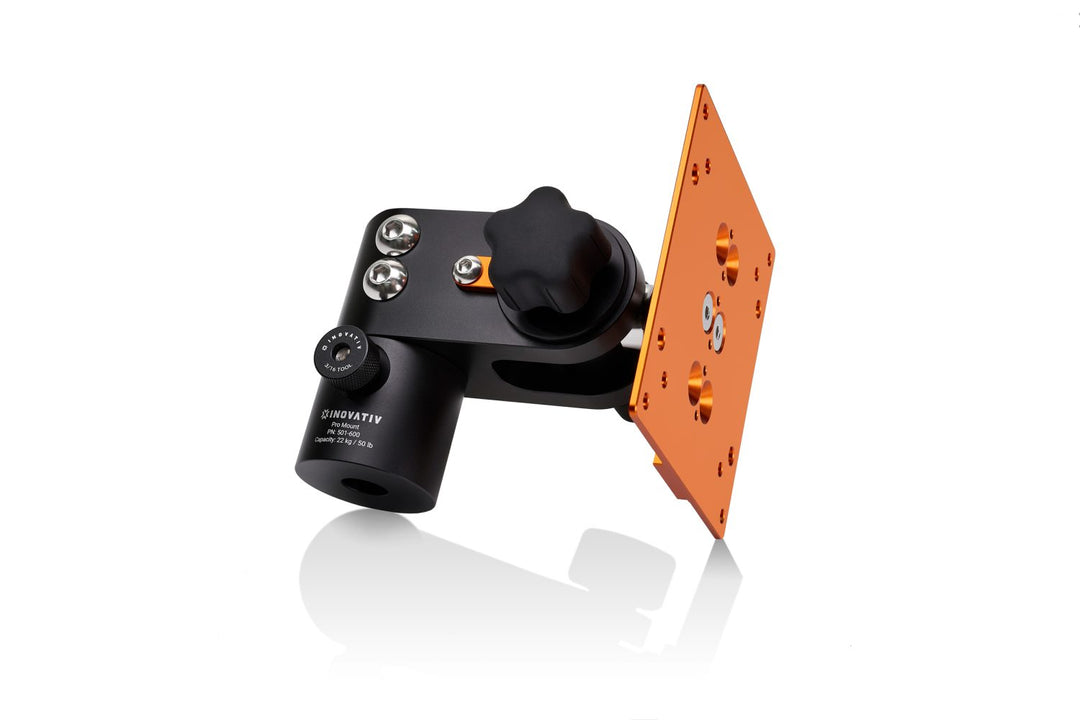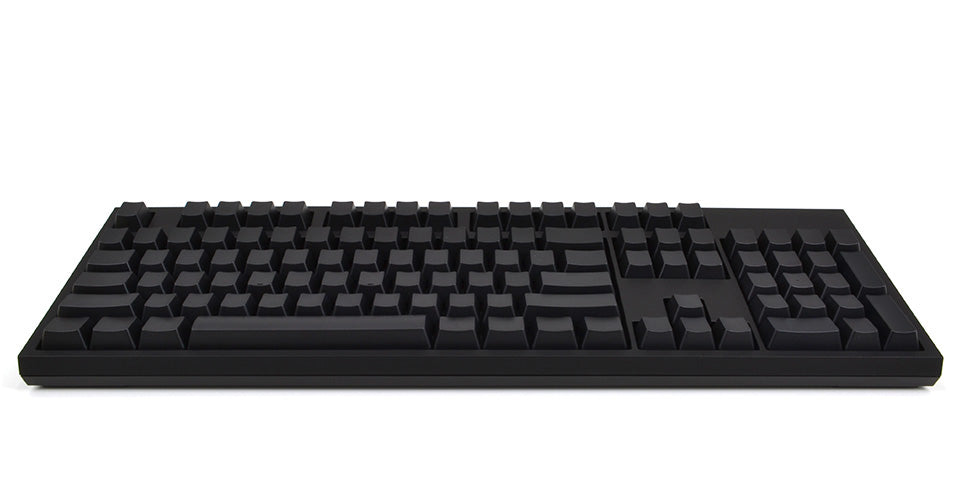Mechanical Switches vs. Membrane Keyboards: Which is better for you? Dive into the debate of durability, customization, price, noise, and more. Find out now!
Ah, the age-old battle between mechanical switches and membrane keyboards. It's a debate that has been raging on for years, with each side claiming superiority over the other. But which one is actually better? Let's dive into the world of keyboard switches and find out.
The Basics: What Are Mechanical Switches and Membrane Keyboards?
First things first, let's define what we're dealing with here. Mechanical switches are, as the name suggests, actual mechanical components that physically move and create a tactile response when pressed. Membrane keyboards, on the other hand, use a thin, flexible membrane under the keys to register keystrokes.

Round 1: Tactile Response
One of the biggest arguments for mechanical switches is the satisfying tactile feedback they provide. There's just something about that click-clack sound that makes typing feel like an epic battle. Membrane keyboards, on the other hand, tend to feel mushy and lack that satisfying click.
Winner: Mechanical Switches
Round 2: Durability
Mechanical switches are known for their durability and long lifespan. They can withstand millions of keystrokes without showing signs of wear and tear. Membrane keyboards, on the other hand, tend to wear out much faster and can become unresponsive over time.
Winner: Mechanical Switches
Round 3: Customization
If you're a keyboard enthusiast, customization options are probably important to you. Mechanical switches offer a wide variety of options when it comes to things like actuation force, travel distance, and sound. Membrane keyboards, on the other hand, tend to be much more limited in terms of customization options.
Winner: Mechanical Switches

Round 4: Price
When it comes to price, membrane keyboards are usually the more affordable option. Mechanical keyboards can be quite pricey, with some models costing hundreds of dollars. If you're on a tight budget, a membrane keyboard might be the way to go.
Winner: Membrane Keyboards
Round 5: Noise
Let's face it, mechanical keyboards can be pretty loud. That satisfying click can quickly turn into an annoying clack, especially if you're in a quiet environment. Membrane keyboards, on the other hand, tend to be much quieter and more suitable for office settings.
Winner: Membrane Keyboards
Conclusion: Which One Should You Choose?
At the end of the day, the choice between mechanical switches and membrane keyboards comes down to personal preference. If you're a fan of tactile feedback, durability, and customization, mechanical switches are the way to go. If you're on a tight budget and need something quieter, a membrane keyboard might be a better choice.
But no matter which side you choose, just remember: it's all about the typing experience. So go forth and type away, my friends. May your fingers dance across the keys with grace and speed.
FAQs
- Are mechanical keyboards worth the extra cost?
- It depends on what you value in a keyboard. If you're a fan of tactile feedback and customization options, a mechanical keyboard might be worth the investment.
- Can membrane keyboards be as durable as mechanical keyboards?
- While membrane keyboards tend to wear out faster than mechanical keyboards, there are some high-quality models that can withstand a lot of use.
- Are mechanical keyboards too loud for office environments?
- It depends on your office environment. If you work in an open-plan office with lots of people, a mechanical keyboard might be too loud. But if you have a private office or work from home, the noise level might not be an issue.
- Can you game on a membrane keyboard?
- Yes, you can definitely game on a membrane keyboard. However, it won’t be as good as a mechanical switch.










